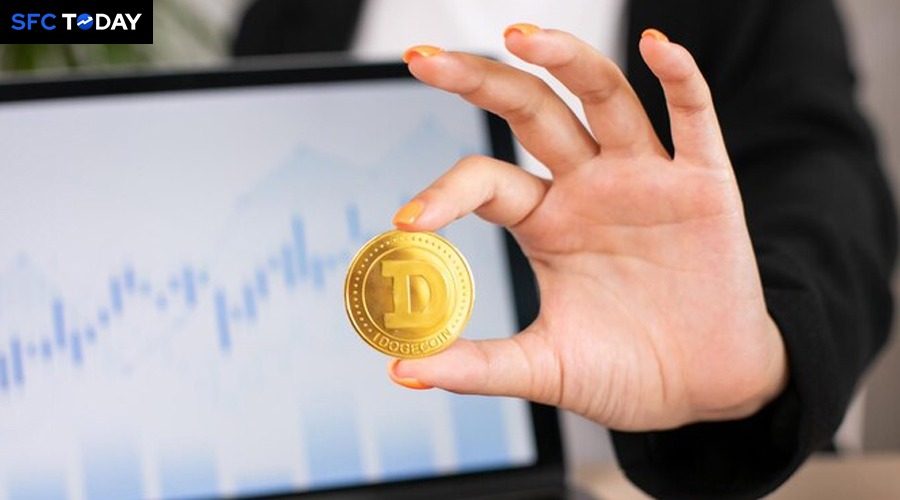How to use cryptocurrency for online purchases: a comprehensive guide
Cryptocurrency has rapidly evolved from a niche investment to a widely accepted method of payment for online purchases. As digital currencies like Bitcoin, Ethereum, and others continue to integrate into the mainstream financial landscape, more consumers are exploring how to utilize this innovative technology for everyday transactions. This detailed guide will walk you through the basics of using cryptocurrency for online purchases, covering everything from setting up a digital wallet to ensuring secure transactions.
Understanding Cryptocurrency
Before diving into how to use cryptocurrency for online purchases, it’s important to understand what cryptocurrency is. Cryptocurrencies are digital or virtual currencies that use cryptography for security and operate on a technology called blockchain, a decentralized technology spread across many computers that manages and records transactions. The appeal of cryptocurrencies is largely due to their security features and their potential as an investment.
Setting Up a Digital Wallet
To use cryptocurrency, you first need a place to store it safely. This is where a digital wallet comes in. A digital wallet can be hardware-based or software-based. The hardware-based wallet stores the user’s private keys in a secure hardware device, while software wallets are mobile or desktop applications that store your keys securely but are more convenient for making quick payments. Popular wallets include Ledger (hardware), Exodus (software), and MyEtherWallet (web-based). Choose a wallet that supports the cryptocurrency you intend to use for transactions.
Acquiring Cryptocurrency
Once you have your wallet set up, the next step is to acquire some cryptocurrency. You can buy cryptocurrencies through various exchanges using traditional currencies or by trading with other crypto users. Popular exchanges include Coinbase, Binance, and Kraken. These platforms require you to create an account and undergo a verification process. Once verified, you can purchase cryptocurrencies using various methods such as credit cards, bank transfers, or other cryptocurrencies.
Making Online Purchases with Cryptocurrency
Here’s how you can start using cryptocurrencies for online shopping:
Choose a Retailer: Not all online stores accept cryptocurrency, so you need to find one that does. Overstock, Newegg, and Shopify are examples of platforms that accept cryptocurrency. Some websites display a “Pay with Bitcoin” or similar button at the checkout stage.
Check Out Using Cryptocurrency: During the checkout process, select your desired cryptocurrency as your payment method. The retailer will provide you with their digital wallet address in the form of a QR code or a long string of letters and numbers. This address is where you will send the payment.
Process the Transaction: Open your digital wallet, enter the recipient’s address, and specify the exact amount of cryptocurrency needed for the purchase. Confirm the details and submit the transaction. The transaction will be verified and recorded on the cryptocurrency’s blockchain, which can take from a few seconds to several minutes depending on the network traffic and the transaction fees set.
Keep Records: Always keep records of your transactions for future reference or for tax purposes. Most wallets and exchanges provide an option to download transaction history.
Ensuring Security
Security is paramount when using cryptocurrencies due to their digital nature and the irreversible nature of transactions. Here are some tips to ensure security:
Use strong, unique passwords for your wallet and exchange accounts.
Enable two-factor authentication (2FA) wherever possible.
Use hardware wallets for storing large amounts of cryptocurrencies.
Always double-check wallet addresses before sending cryptocurrencies.
Be wary of phishing websites and emails.
Using cryptocurrency for online purchases offers an exciting, secure, and often convenient alternative to traditional payment methods. As the world becomes increasingly digital, the ability to use digital currency becomes more relevant.







